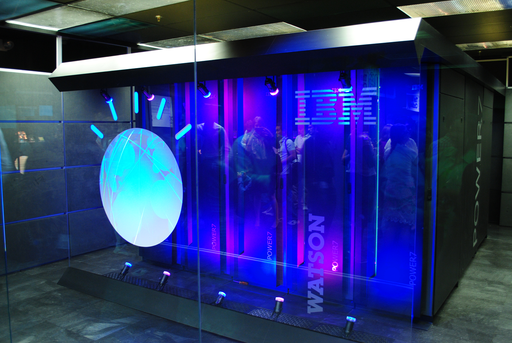The Other Kind of Distributed Creative Problem Solving
According to an article posted in Techcrunch, IBM and its Watson project are teaming up with CVS to monitor customer data to pinpoint health problems before customers experience a medical crisis. The article reports that "CVS will allow Watson to scour many millions of data points from patient’s clinical records, medical claims, and fitness devices to go through the same cognition process as others within the Watson ecosystem, but the idea here is to aid CVS nurses and pharmacists in determining patient risk."
The network relies on the data that is recorded by humans and machines, processing it faster than humanly possible. This will be increasingly the case as technology progresses. We will find many more tasks for Watson (and others) to work on, hopefully increasing our problem solving pace.
I think, though, that Globally Distributed Creative Problem Solving by humans will result in a more human world. That is, if we continue to remove the obstacles to global cooperation. A globally distributed network of unique human experiences, that cannot yet be quantified, should allow us to solve problems that result from our sometimes irrational behavior.
Perhaps, future cooperation between these global problem-solving networks will begin to resemble the interaction between left and right hemispheres of the brain--the human side, and the machine side. Or maybe we will fail to keep up, and Watson will, as Stephen Hawking predicts, become our Skynet.
The network relies on the data that is recorded by humans and machines, processing it faster than humanly possible. This will be increasingly the case as technology progresses. We will find many more tasks for Watson (and others) to work on, hopefully increasing our problem solving pace.
I think, though, that Globally Distributed Creative Problem Solving by humans will result in a more human world. That is, if we continue to remove the obstacles to global cooperation. A globally distributed network of unique human experiences, that cannot yet be quantified, should allow us to solve problems that result from our sometimes irrational behavior.
Perhaps, future cooperation between these global problem-solving networks will begin to resemble the interaction between left and right hemispheres of the brain--the human side, and the machine side. Or maybe we will fail to keep up, and Watson will, as Stephen Hawking predicts, become our Skynet.


Comments